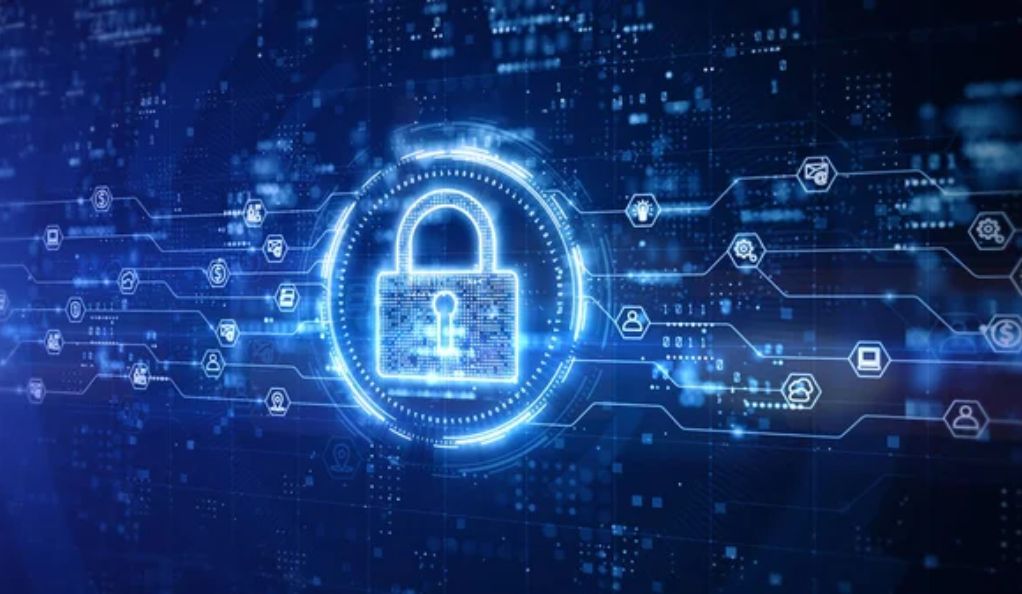In times of economic uncertainty and banking crises, investors seek alternatives to traditional financial systems that can ensure the safety of their assets. One promising solution that has emerged in recent years is the tokenization of assets, where physical or financial assets are converted into digital tokens. This innovative approach offers enhanced security measures that can protect investments and mitigate risks during tumultuous times.
Tokenized assets are a form of digitization that allows for the representation of a wide range of assets, including real estate, stocks, bonds, and commodities, among others, on a blockchain network. By leveraging the power of blockchain technology, tokenization enables the creation, transfer, and management of these assets in a decentralized and transparent manner. This increased transparency is a crucial factor in ensuring the security and trustworthiness of tokenized assets during a banking crisis.

Benefits of Tokenized Assets: Safeguarding Investments and Mitigating Risks
One of the primary benefits of tokenized assets in a banking crisis is the enhanced security they provide. Traditional financial systems are susceptible to various risks, such as fraud, theft, or mismanagement. However, tokenized assets, being stored on a decentralized blockchain network, offer a higher level of security. The use of cryptographic techniques and distributed ledger technology ensures that assets cannot be tampered with or manipulated. This safeguarding mechanism provides investors with peace of mind, knowing that their investments are protected even in times of crisis.
Moreover, tokenization offers increased liquidity and accessibility to investors during a banking crisis. When traditional markets experience volatility, liquidity can become a major concern for asset holders. Tokenized assets, on the other hand, can be easily traded on secondary markets, providing investors with the ability to convert their assets into cash more efficiently. This accessibility allows for diversification and risk mitigation strategies, empowering investors to adapt and respond swiftly to changing market conditions.
Another advantage of tokenized assets is their fractional ownership capabilities. In a banking crisis, the value of certain assets may decline significantly, leading to potential losses for investors. However, tokenization enables the division of assets into smaller fractions, allowing investors to own a portion of high-value assets while minimizing risks. This fractional ownership model also democratizes investment opportunities, providing access to a broader range of investors who may not have had the means to invest in these assets traditionally.
Tokenized assets offer enhanced security measures that can safeguard investments and mitigate risks during a banking crisis. By leveraging blockchain technology, these assets provide increased transparency, security against fraud, and tamper-proof records. Additionally, the liquidity, accessibility, and fractional ownership capabilities of tokenized assets empower investors to navigate through uncertain times with confidence. As the financial landscape continues to evolve, tokenized assets represent a promising avenue for investors seeking a secure and resilient alternative to traditional financial systems.
ChesWorkShop commits to presenting fair and reliable information on subjects including cryptocurrency, finance, trading, and stocks. However, we do not have the capacity to offer financial guidance, advocating instead for users to conduct their own diligent research.
